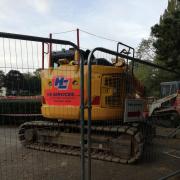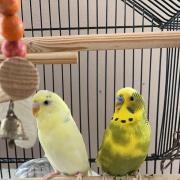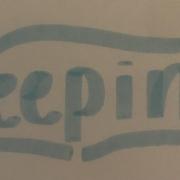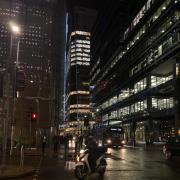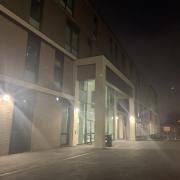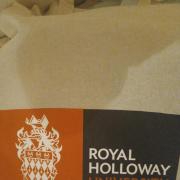
We live in a world of isolation. A place where normal means alone. Whether we drive, walk or use public transport, the people around us go unnoticed and we gladly accept this as a way of life. Small acts of kindness are gifted and accepted and we allow them to warm our hearts as we pass through the crowded streets of the United Kingdom, before moving on and forgetting of their occurrence. However, we are more reluctant to accept the acts of cruelty and ignorance we witness and ignore on a daily basis. These we prefer to keep in the shadows, blinding ourselves in a desperate attempt of avoiding conflict.
Each day, 180 disability hate crimes are reported in the UK. These are the acts that we choose to ignore. These are the people which suffer the most. On this occasion we are forced to ask ourselves, why do we allow our society to be controlled by anger and hatred? The answer to this question is as clear as daylight. We would rather turn the other cheek and continue with our own lives than stand up for what we believe is right.
I know that this is not true for all of us, however I have been witnessing this cruelty and misunderstanding the entirety of my life. My mother, Christine Scott, has been the prisoner of her own body since the tender age of thirteen. By an unfortunate accident, she broke her hip and has since suffered 5 complete hip replacements, due to several complications. This of course, has affected her mobility severely, causing diverse effects ranging from being completely unaffected, being glued to crutches and being completely house-bound.
As a result of this, it has become habitual of me to ensure I walk at a slower pace and allow myself to become a human crutch in order to aid my mother when walking long distances. However, in my experience, strangers have not shared this understanding and support. Simple acts such as pushing hurriedly past us in Kingston Market and almost knocking the groceries out of our hands, being declined a place to sit whilst waiting in check-out queues and being forced to stand on moving buses whilst others watch her struggle to stay standing. It is easy to overlook these acts when you are not the one being mistreated but as a daughter, it hurts seeing my mother suffer at the hands of an uncaring society.
Nearly 40% of people say that the disabled are a social burden. 21% of the population are therefore suffering, going through their day to day lives being classified as a ‘social burden’. Are we not, as human beings, inclined to change our views and help the 13.9 million disabled residents of the United Kingdom lead a happier life?
My only hope in sharing my story with you is that you gain a deeper understanding of how these seemingly insignificant acts of impatience and misunderstanding can truly affect another’s quality of life. In this I encourage you to be as selfless as possible, help people whenever you can and always be kind to one another as we have no way of knowing the hardships faced by each and every one of us.








